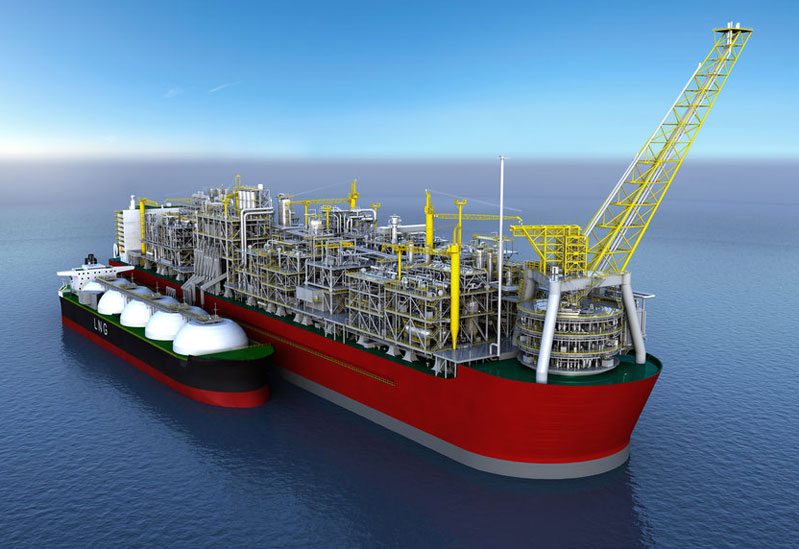Royal Dutch Shell has announced plans to invest over $20 billion in the liquified natural gas (LNG) and gas-to-liquids (GTL) industries over the next few years.
The company expects LNG demand to double to 400 million tonnes per annum (mtpa) by 2020 from 200 mtpa today, after having already doubled over the first decade of this century. The company expects global natural gas demand to increase by 60% from 2010 to 2030, reaching 25% of the global primary energy mix. Meeting this demand will require at least $700 billion worth of industry investment.
Shell said it will enhance its LNG production capacity; the company currently has 22 million tonnes per annum (mtpa) of LNG on stream today and is building an additional 7 mtpa of new LNG capacity in Australia that will increase production by 30%. In addition, the company is maturing over 20 mtpa of further LNG options, in Australia, Indonesia and North America, that should drive Shell’s LNG leadership into the next decade.
“We are aiming to develop profitable new gas supplies to meet the market’s growing demand for clean and affordable low carbon energy. This plays to Shell’s technology and financial strength,” said Shell CEO, Peter Voser.
“Strong growth in gas markets, especially integrated gas, is a major opportunity for Shell and our shareholders. Our Integrated Gas earnings have more than trebled in the last five years, reaching $9 billion over the last year, driven by liquefied natural gas and gas-to-liquids, and we see growth opportunities to invest over $20 billion here for 2012-15,” said Voser.
“We are using Shell’s scale and innovation to continue to drive gas growth through integrated value chains. Our portfolio and opportunity set in global gas is unrivalled in the industry today. There is more to come from Shell”.
For the longer term, Shell has gas-focused exploration programmes in China, South Africa and Ukraine, which have large scale resources potential, and is assessing over 5 mtpa of LNG to transport opportunities world-wide.
Shell produces LNG and gas-to-liquids, and is developing integrated applications such as gas-to-chemicals, converting ethane into commercial petrochemicals, and LNG for transport, which offers a lower emission and lower cost alternative to oil fuels.


